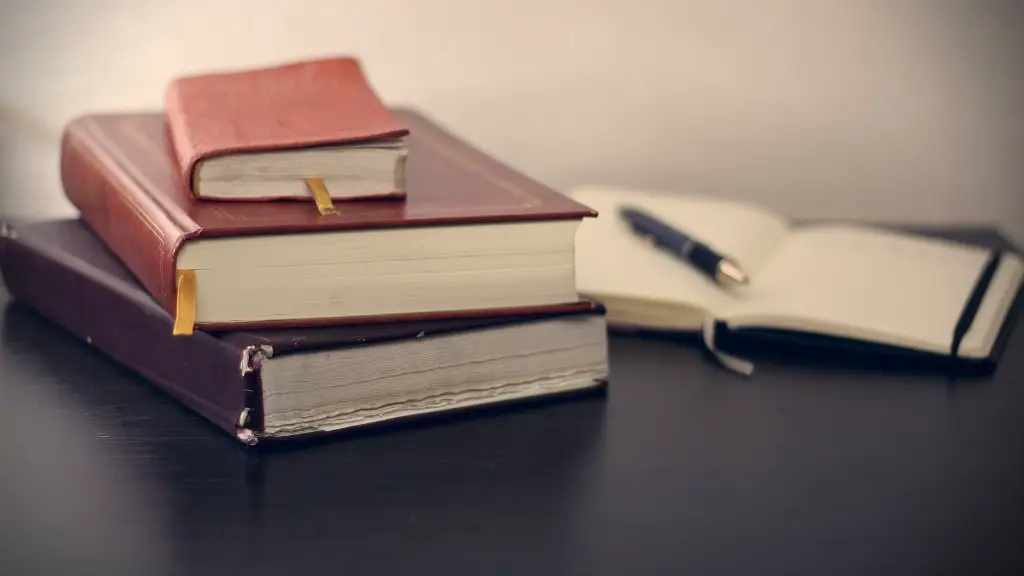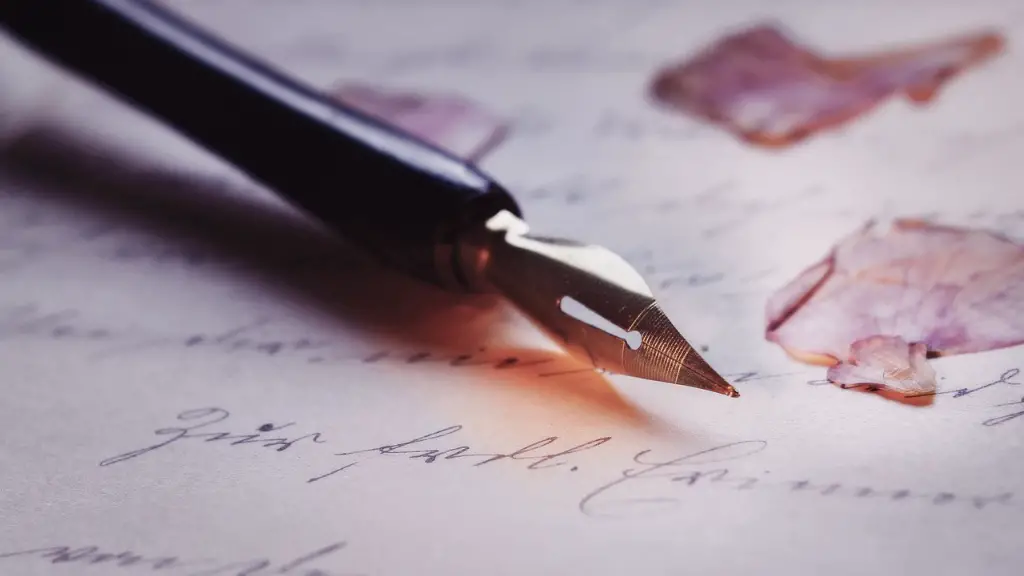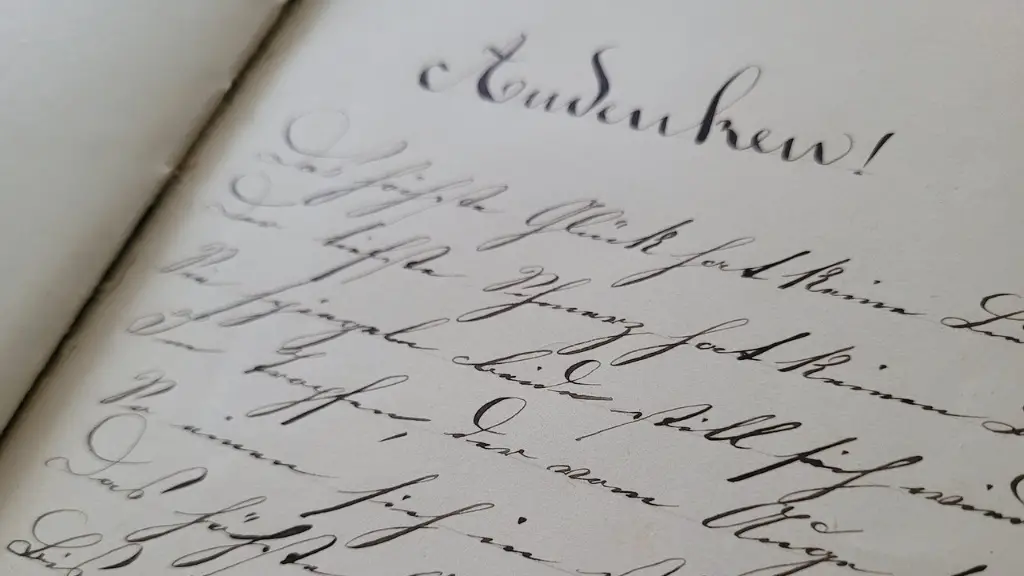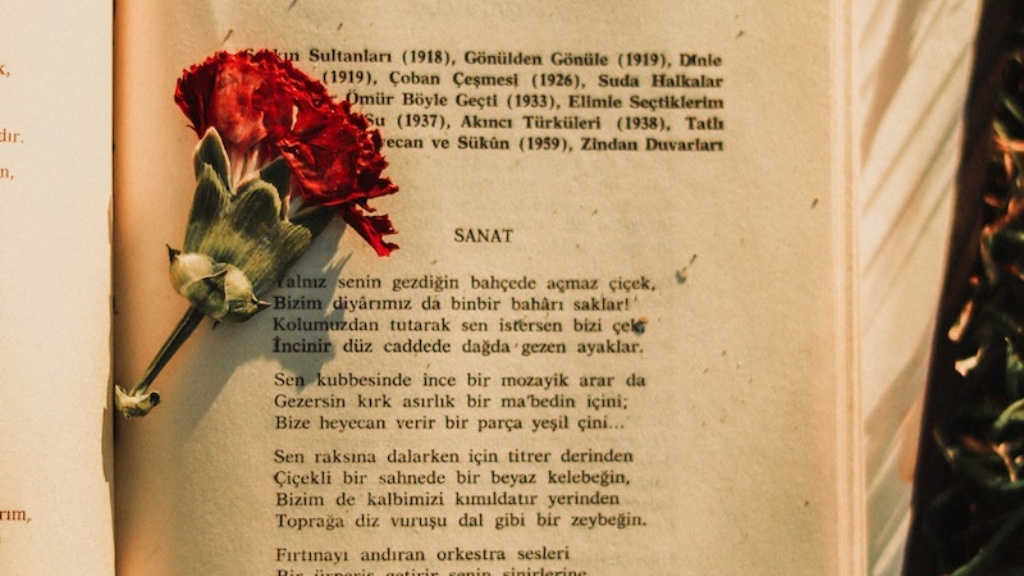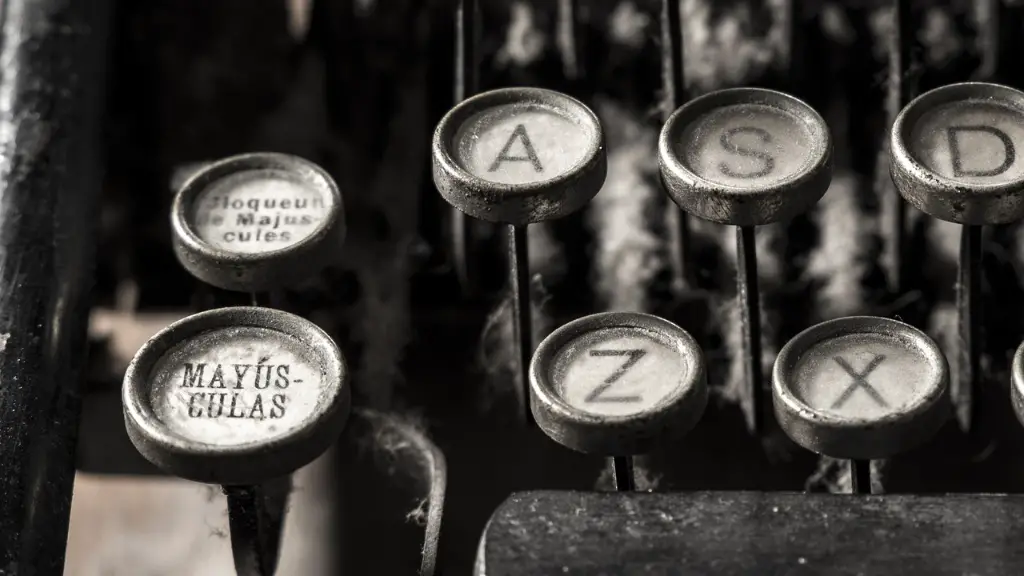Epic poetry has a special significance in the annals of literature. It is far more than a mere composition of words and forms a part of the literary heritage of a culture. Epic poems often contain grand characters, beautiful imagery and sweeping narratives that tap into the collective consciousness. While the genre itself is steeped in extraordinary stories, the challenge is to write an epic poem that stands the test of time.
Creating such a poem is no simple feat and requires the writer to have a high degree of artistry and imagination. Starting from the very basics of structure and form, this piece of literature usually tells a story or narrates a sequence of events over a long period of time and is often written in verse.
According to experts, the foundation of an epic poem rests in its story. Once the writer finds a story that resonates with him, he should start building the sketch of his poem, step by step. Whilst formulating the story, it is important to emphasize on the characters, their motivations and how their lives are affected by the events that take place. This helps in painting a vivid picture in the reader’s mind that grabs their attention and keeps them engaged.
Furthermore, constructing a strong plot-line serves as the backbone of an epic poem. To create such a plot, it is necessary for the writer to have an in-depth knowledge of the chosen story and execute it through an artful technique. To have an effective plot-line, writers must make sure to use vivid descriptions without being over-indulgent or overtly wordy.
Next comes the most complicated aspect of writing an epic poem – the narrative style. This part should be handled with great care since it will pass judgement upon the quality of the story’s structure. The narrative typically involves the use of a multitude of poetic devices such as similes and metaphors in order to illustrate a vivid image in the mind of the reader. Moreover, the writer should use short sentences to help the audience retain the story’s key points as they progress.
The last step is to establish the right rhythm, tone and language. To do this, the writer should use certain poetic elements to bring the poem together as a singular unit. This might include the use of personification to bring characters and situations to life, or using alliterations to add a touch of poetic flair. However, the use of any of these elements requires caution and restraint as too much of them can lead to a flimsy or verbose poem that lacks luster.
Originality of Thought
Original ideas are what makes an epic poem stand out. This can either be achieved by narrating an original story line or by presenting a unique interpretation of an existing tale. In the former case, it is necessary for the writer to bring in an element of surprise or mystery as early as possible to keep the reader engaged. For example, an epic poet could start his poem with a seemingly ordinary situation and then twist the plot to reveal events of greater magnitude. By doing so, the writer might be able to keep the reader intrigued and on the edge of their seats.
In case of the latter, the epic poet should strive to use advanced techniques to persuade his readers to witness the story from a different angle. This could include the use of personification to make objects or locations come alive on the page or projecting an abstract emotion in an tangible and understandable way. If done successfully, an epic poem can acquire a majestic beauty that speaks to the heart and soul of a reader, making it a timeless classic.
Voice and Perspective
The voice and perspective of an epic poem can vary, ranging from the first person to third person. Generally, the voice of a narrative is influenced by the main character’s journey and the direction of the plot. For example, a poem could be narrated through the lens of the protagonist to create a tale that is personal and intimate, or it could be adopted from an ages-old tradition with a universal tone. By choosing the right combination of choices that suit the poem and its characters, the poet can ensure that the poem commands attention and has staying power.
The choice of language and tone also has a role to play in the voice of an epic poem. Most epic poems are geared towards conveying a message and hence it is important for the writer to select words and phrases that match the story’s plot and characters. They should also be mindful of their diction and maintain the rhyme and rhythm patterns of the poem. The proper use of such terms can help evoke emotion in the reader and add a layer of meaning and beauty to the poem’s overall scope.
Research
Vast amounts of research form the bedrock of any successful epic poem. This research can be gathered from a variety of sources, from literary works to historical texts. It is also a great way to gain insight into the subject matter and a deeper understanding of the theme and its context. Furthermore, the poet can enrich the poem with details like place names, dates or even cultural and linguistic nuances.
To make the poem’s message clear, the writer should strive to create a clear and concise language and focus on the core of the poem. This could involve the use of metaphors, similes, alliterations and other poetic techniques to bring out the story’s richness and depth.
However, whilst researching, the writer should ensure to only use factual information, avoiding any potentially offensive topics or insensitive conversations. This includes topics such as race, sexual orientation and different cultures and creeds as any misguided message will defeat the purpose of the poem and tarnish its reputation.
Creativity
The process of writing must be an organic one and the poet’s own creativity should not be stifled. This is because their unique perspective and vision is sometimes the only thing that can bring a poem to life and add value to the source material. While a story’s foundation might be based on facts and history, the poet’s creativity will ultimately serve as the deciding factor between a good and a great poem.
To achieve a creative peak in their work, poets should aim to keep the poem’s core intact whilst introducing innovative ideas. Here the writer should use their emotions to instill the poem with a soul and enhance the story’s beauty with vivid language. This could involve introducing creative wordplays and verses or weaving moral-tales and wisdom into the fabric of the poem.
However, it is important to remember that creativity and innovation should be tempered with tact and adornment. The poem should reflect the natural flow and subtleness of an epic poem, otherwise the excessive use of these elements might lead to confusion.
Keeping it Fresh and Relevant
For an epic poem to stay relevant, the poet must make sure to not only create a memorable story but also keep it fresh. This can be done by constantly re-examining the language and imagery used throughout the poem in an effort to re-design the narrative for every new reader. An interesting way to do this is by portraying classic topics through culturally relevant events, as this serves to bridge the gap between the poem’s story and the reader’s reality.
To achieve this, the poet can look for catchy phrases, words of wisdom and snippets from everyday life to describe the poem’s characters and dramatize its scenes. This gives the poem a renewed energy and helps the reader connect to its spoken concepts. The way a poet identifies, introduces and presents these elements could mean the difference between an amazing poem and an average one.
Editing and Refining
Making a complex and meaningful poem in one go can be extremely difficult. Therefore, letting the poem rest after its completion and editing it at a later stage gives the writer the chance to reflect negatively and positively on the text, tweaking any grammar or sentence structure issues and altering any unappealing words and phrases.
It is also advisable to get an impartial second opinion on the poem, as another pair of eyes can often offer invaluable insight into the writing’s weak points. Professional editors offer a range of services from revising syntax to identifying errors in grammar and prose. Furthermore, reading the poem aloud and hearing it can help out the poet in identifying any non-aesthetic issues like rushed lines or misplaced words.
Conclusion
Writing epic poetry can be a challenging yet fulfilling experience, however it requires commitment and dedication to create such timeless works. By utilizing creativity and the use of poetic techniques, poets can craft magnificent pieces of literature that speak to, and of, the times.
